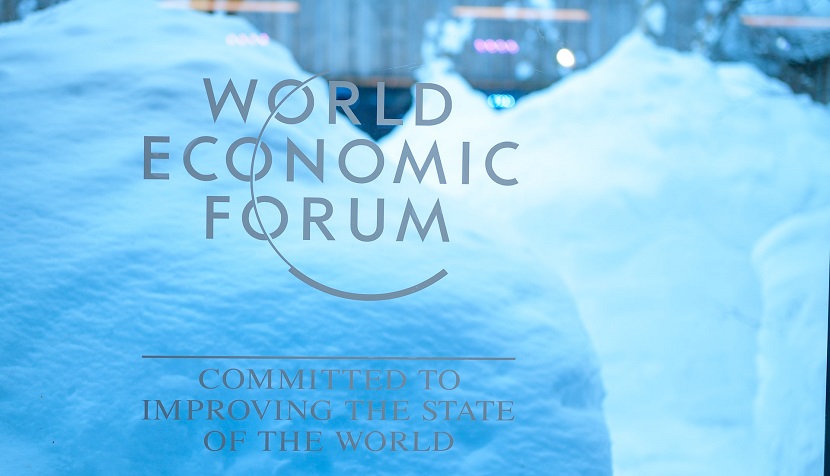In a study conducted by the World Economic Forum (WEF) of leading economists from the commercial and public sectors, two-thirds predicted a global recession in 2023. In fact, the organization in charge of Davos 2023 warned on Monday as corporate and political leaders gathered for its annual meeting.
Meanwhile, more than twice as many people—18%—asked this question than in the survey that was conducted in September 2022. Besides, only one-third of survey participants thought it was improbable this year.
In a statement that accompanied the survey results, WEF Managing Director Saadia Zahidi said that the current environment of high inflation, slow growth, high debt, and high fragmentation “reduces incentives for the investments needed to get back to growth and raise living standards for the world’s most vulnerable.”
A group of top economists from international organizations, such as the International Monetary Fund, investment banks, corporations, and reinsurance groups, provided 22 responses for the organization’s survey.
The study comes after the World Bank last week lowered its growth predictions for 2023 to levels bordering on recession for several nations as the effects of central bank rate hikes worsen, Russia’s war in Ukraine persists, and the world’s major economic engines falter.
Recession is defined differently around the world, although it typically involves the possibility of contracting economies, sometimes coupled with rising inflation in a “stagflation” scenario.
In terms of inflation, the WEF study presented on Davos 2023 summit revealed significant regional differences: the proportion anticipating substantial inflation in 2023 ranged from just 5% for China to 57% for Europe, where the effects of last year’s increase in energy costs have permeated the entire economy.
The majority of economists anticipate additional tightening of monetary policy in Europe and the US (59% and 55%, respectively), with policymakers balancing the risks of tightening monetary policy too much or too little.



